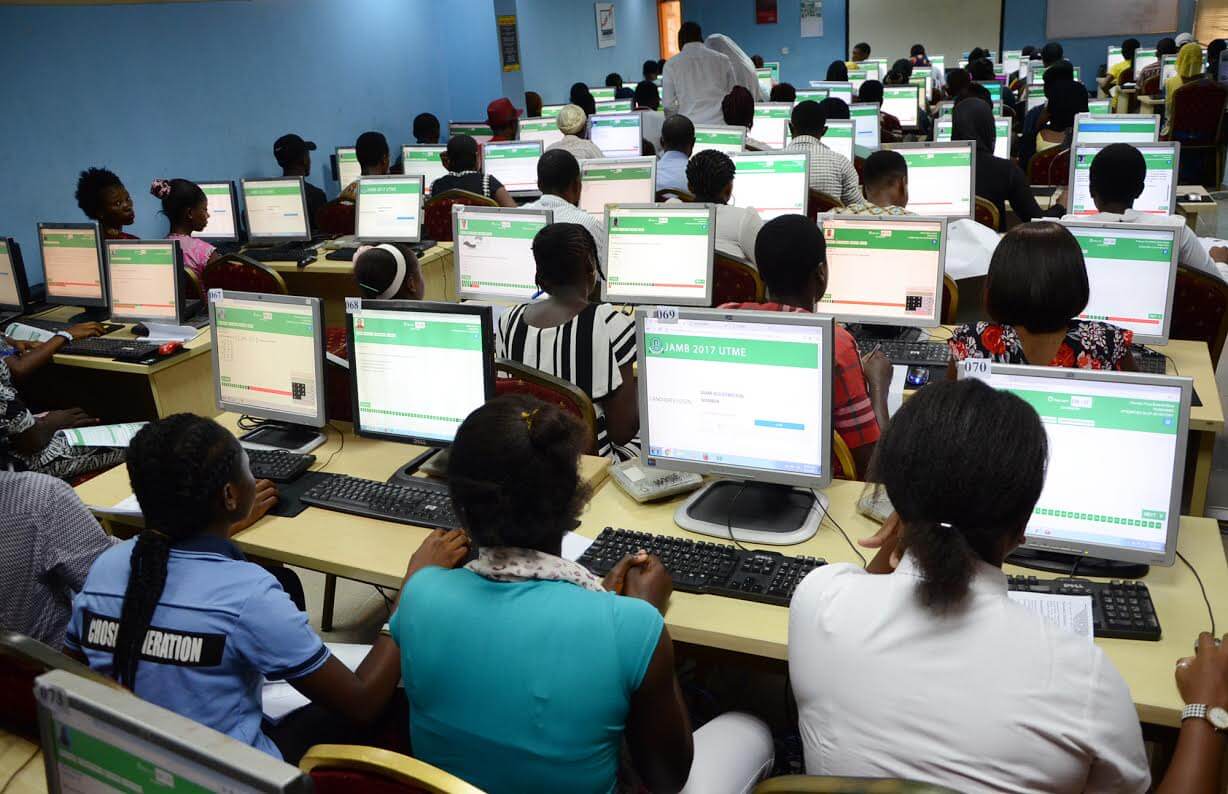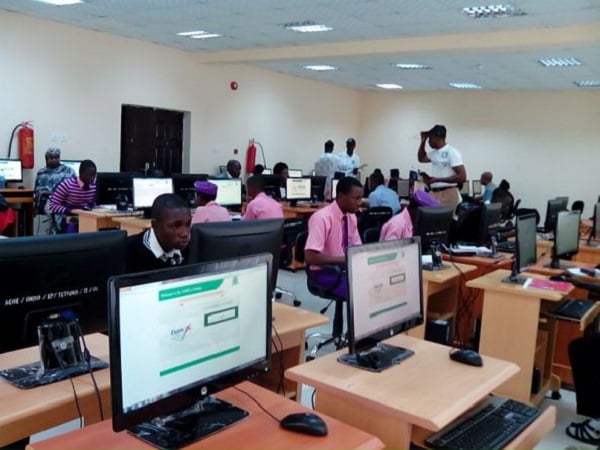Nigeria's UTME Performance Declines

The performance of candidates in the 2025 Unified Tertiary Matriculation Examination (UTME) is Nigeria’s third-worst since 2016, raising concerns about the quality of education. BusinessDay's analysis reveals that 78.5 percent of candidates scored below 200 out of 400, renewing public outcry for reforms and investment in the education sector. The worst performance in the last decade occurred in 2021, with 87.2 percent scoring below 200, followed by 2020, where 79.2 percent scored below the mark. Data from JAMB over the years show a consistent pattern of candidates scoring poorly.
Stakeholders have advocated for curriculum reform and sustainable investment in basic education, teacher training, and technology to improve performance in public examinations. Stanley Alaubi, a senior lecturer at the University of Port Harcourt, suggests tailoring the curriculum to reflect Nigeria’s context and embracing competence-based education. He contrasts the UK's emphasis on industrialization with Nigeria's need to promote local content and empower people economically.
Jessica Osuere, CEO of RubiesHub Education Services, emphasizes the need for sustained investment in basic education and teacher training. She views the poor results as a reflection of learning gaps, inadequate teaching quality, and underinvestment in education, calling for policymakers and educators to address the root causes.
Reactions to the results on social media, such as from @Olufunmilayo on X, point to poor administrative management by JAMB and students’ attitudes towards education. Issues like early morning exam times were criticized, alongside acknowledging potential student laziness. The overall failure rate raises concerns about teaching quality and exam conditions.
The low performance in UTME raises the question of cut-off marks. Osuere warns against lowering cut-off marks to accommodate more students, arguing that it risks diluting academic standards. Alaubi also worries about JAMB being forced to lower the admission bar. The concern is that continually lowering standards will negatively impact the quality of tertiary education.
Tunji Alausa, the education minister, sparked controversy by suggesting that the high failure rate indicates the success of the government’s anti-malpractice measures. However, the broader sentiment reflects a need for systemic improvements in the education sector.








